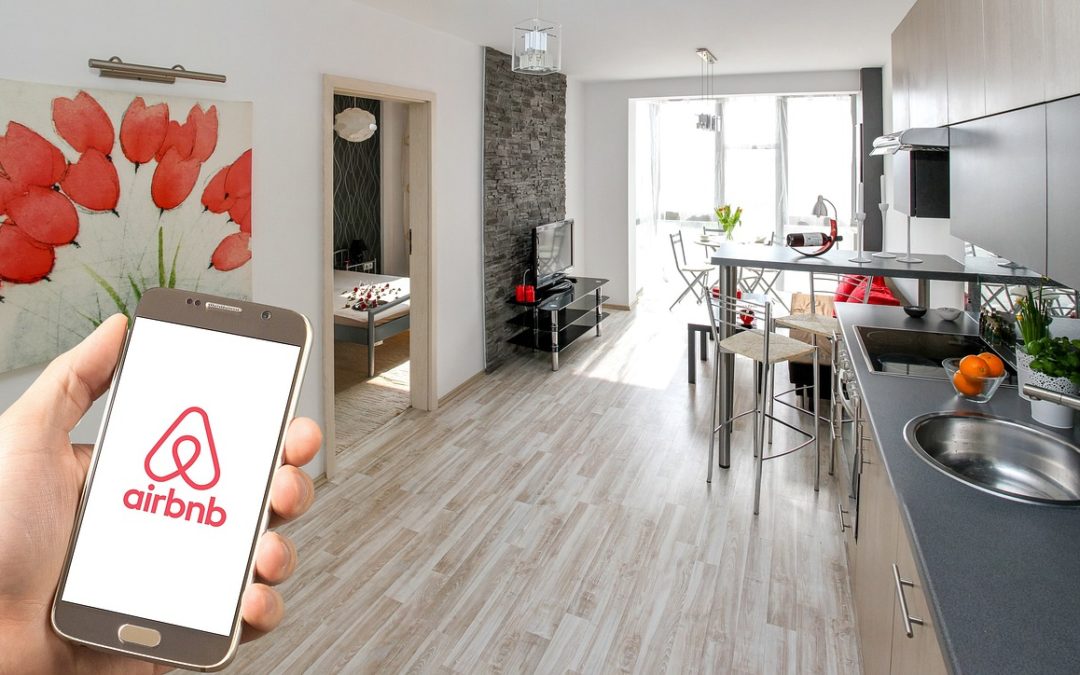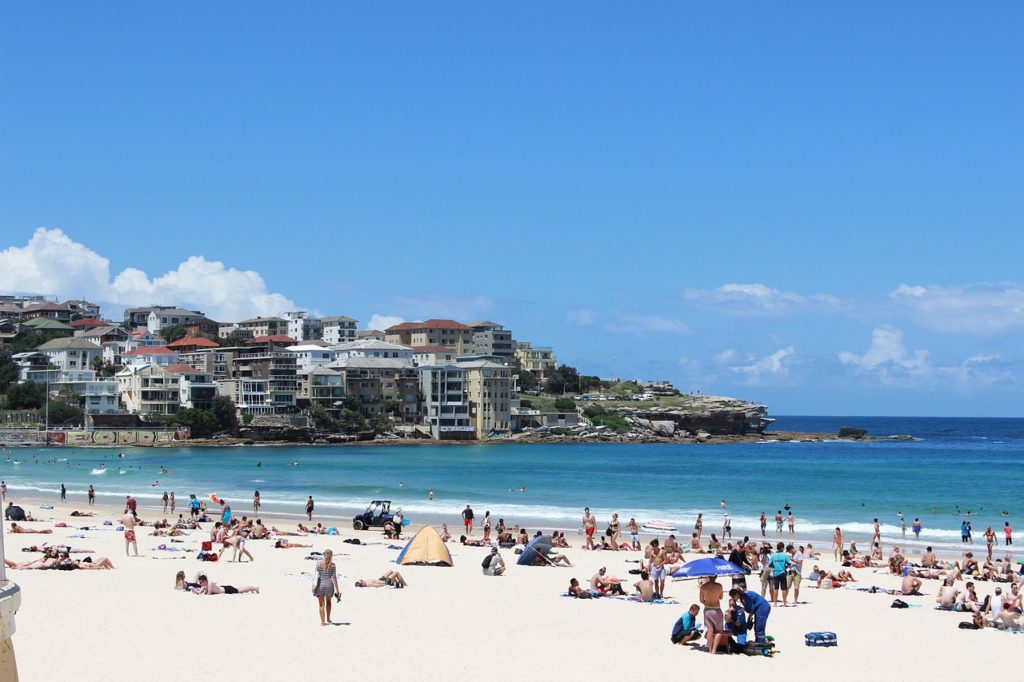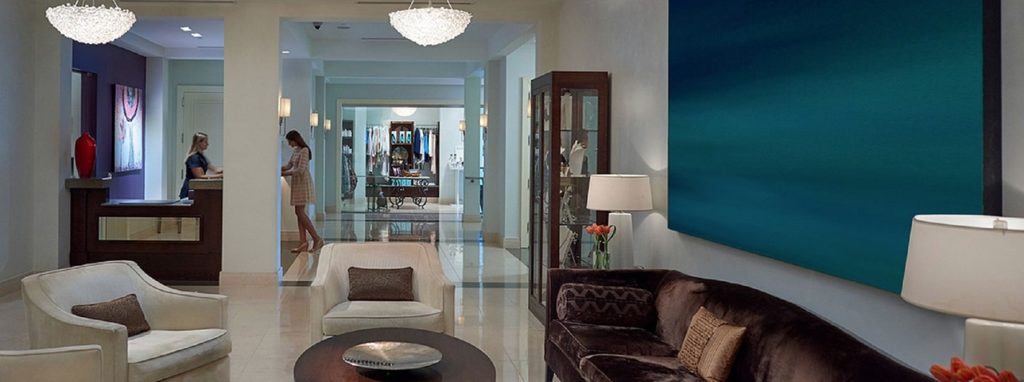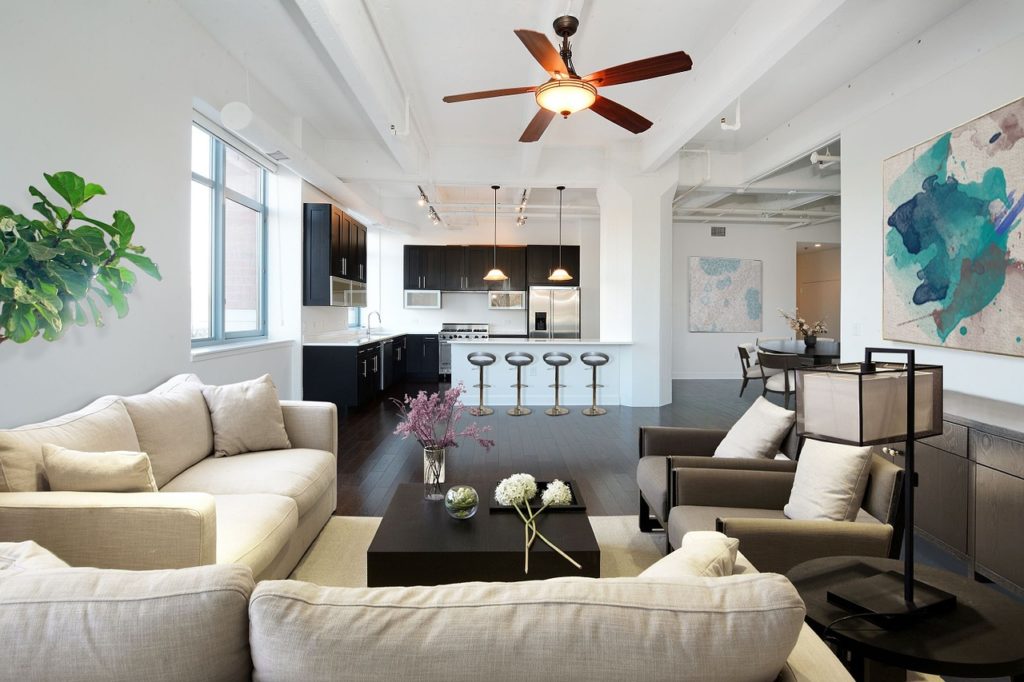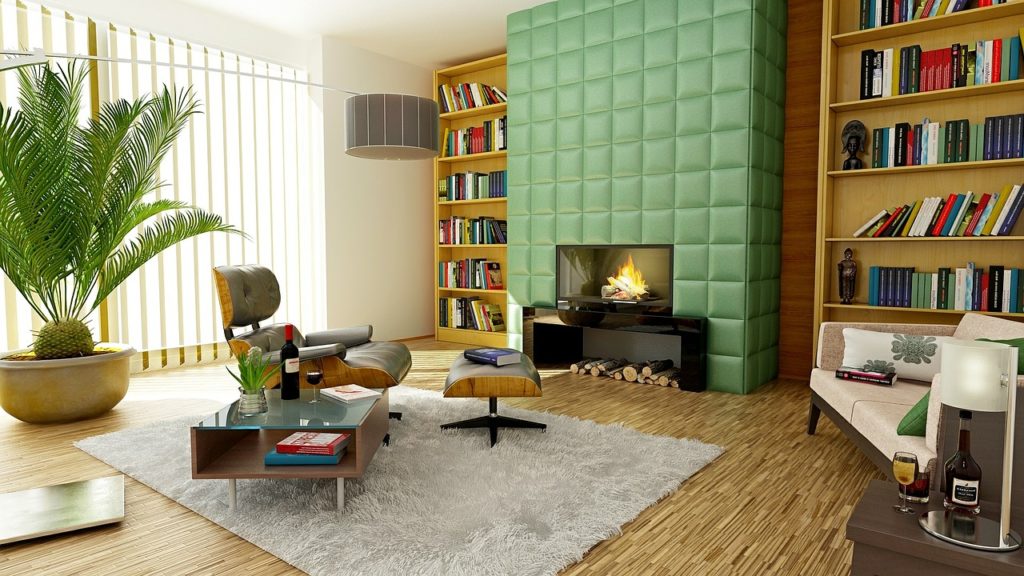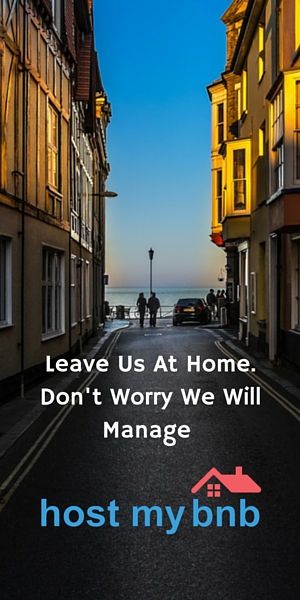Finding the right investment property will almost definitely be a long journey. For the most part, finding an investment property with short-term letting intentions will be the same as for long-term letting. However, there are some slight differences that you might want to take into account as you compare your options.
1. Location
Of course, location is one of the biggest factors to look at for anyone looking to purchase a property. When looking at different suburbs, consider the occupancy rate for Airbnb. New insight into potential earnings for Airbnb shows that popular tourist destinations such as Sydney can have lower occupancy rates compared to alternatives like Hobart since there are more hosts and listings.
An investment grade property should not only be in the right suburb but in the right location within the suburb. This means easy access to lifestyle amenities and public transport, particularly for congested areas. For Airbnb, it would most likely be more important to be located near tourist attractions rather than schools and hospitals.
2. Capital growth
Even though you might be hoping to make a steady income through Airbnb with your investment property, capital growth should still be one of the most important factors to consider. An investment property is still a long-term investment, and it’s important that its value appreciates over time.
The rate of capital growth depends on a variety of factors. The suburb you buy in should have a long history of stable capital growth. Consider if there is potential for more development in the area and what the demand is compared to the supply. Capital growth might also be influenced by the type of property you buy and the amenities available.
3. Rental yield/income
Considering rental yield and rental income is slightly different with short-term letting in comparison to long-term letting. You’ll still want to look at average rental yields in the suburb since a high rental yield will indicate a strong investment area. However, you need to be looking at the average daily rates and occupancy rates for Airbnbs in the area.
Even if your potential earnings would not be enough to cover expenses, you might be able to benefit from negative gearing. This is because of the tax benefits on offer for investors. However, you should look into the regulations for your specific state. There are also specific laws and legislations for short-term holiday letting.
4. Aesthetics
Despite the fact that you won’t be living in your investment property, aesthetics are important to consider. You’ll want to find a place that can become a short-term home for the broadest range of potential guests. However, there needs to be a balance between being neutral and being distinct.
A lot of the time, people choose Airbnb over traditional options such as hotels because Airbnbs can offer a curated experience. Hence, you might want to look for properties that have a unique aesthetic or the flexibility to make it unique through interior design. Your Airbnb should be able to tell a story of some kind.
5. Features
The last thing to consider is the extra features that a property can offer. If you’re considering an area with a high number of Airbnb listings, this is particularly important in order for your property to stand out. Airbnb users tend to narrow down their searches by filtering based on features they might want.
Look for features such as easy parking since these can’t be added later on. Other features such as air conditioning, indoor fireplaces, and a fully-functioning kitchen can be added. However, it does make things easier for you if the property already offers these. Factors such as elevator access and a lock-up garage might also be appealing.
Ultimately, you want your investment property to offer strong financial prospects as well as be nice to live in. Make sure you’re buying within your limits, you’ll likely have to be paying mortgage, bills and a host of other expenses for many years to come. Even though you don’t intend to live in it, you might also want to consider the potential for you to downsize or upsize into your investment property down the line.

